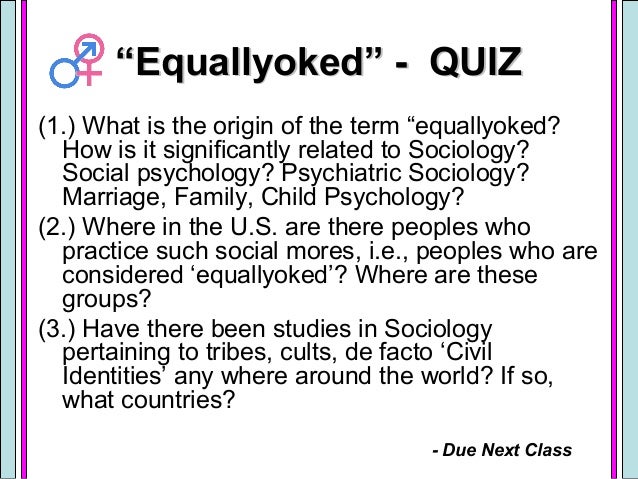

Even if they did not have their results before hand, most of them were still able to find their level of competition. The children were to choose two peers to compete with. Using the similar methods as older studies (Blanton, 1999 Huguet, 2001), they were able to find out that although not as obvious compared to the ninth graders, children that were as young as in grade five would still have upwards comparisons amongst their peers. It is hard to expect that children would also be likely to do such comparisons but through the findings of (Florence Dumas, 2005) showed that even children are prone to compare to children that have better results than them. On the other hand, the downward comparison would be lenient to the comparer and after comparing they would feel better of themselves. The other reason is more complicated, people are able to get enthusiastic to succeeding thus copying their actions when the observed is able to do the mission (Bandura, 1986).
#Social phenomena examples how to#
Upward comparisons are said by (Buunk, 1997) to be able to have two effects, the main motive is valuable information on how to finish an assignment efficiently is noticeable when someone is able to complete it. There are two types of comparisons, the upward comparison and the downward comparison.

Being in a part of a social group, we are hard to not compare with the people around us. They would often categorize themselves in different social groups depending on races, age, gender, traits or others which they feel most comfortable in. Humans have always been known to be social animals and commonly like to live in large social groups. It outlines how someone reacts to situations and what defines them making them unique. Contentįor every unique individual, the self is a very important aspect and as a symbolic construct it means that is unable to be observed or felt through any experiments or researches. , 1984), reflects on how poor people’s ability that are able to comprehend the elements that modify their behavior. On the other hand, there is the Consistency/ Cognitive Dissonance Principles of Persuasion Theory (Robert B. One of them is the Social Comparison Theory, where people define themselves whilst comparing to others (Festinger, 1957), is an influential that phenomena that shows the power of altering someone in a set out situation.
#Social phenomena examples series#
From a series of Social Psychological Phenomena, there are two phenomena that demonstrates beneficial studies towards the Social Psychology public. In Social Psychology, people would study on certain phenomena that effects the approach, feelings, behavior, and thoughts of a person on a matter. Social Psychology, a division of Psychology that handles the backgrounds and the social interaction of someone and how it makes impact on the person thus forming the personality or character of the person.


 0 kommentar(er)
0 kommentar(er)
